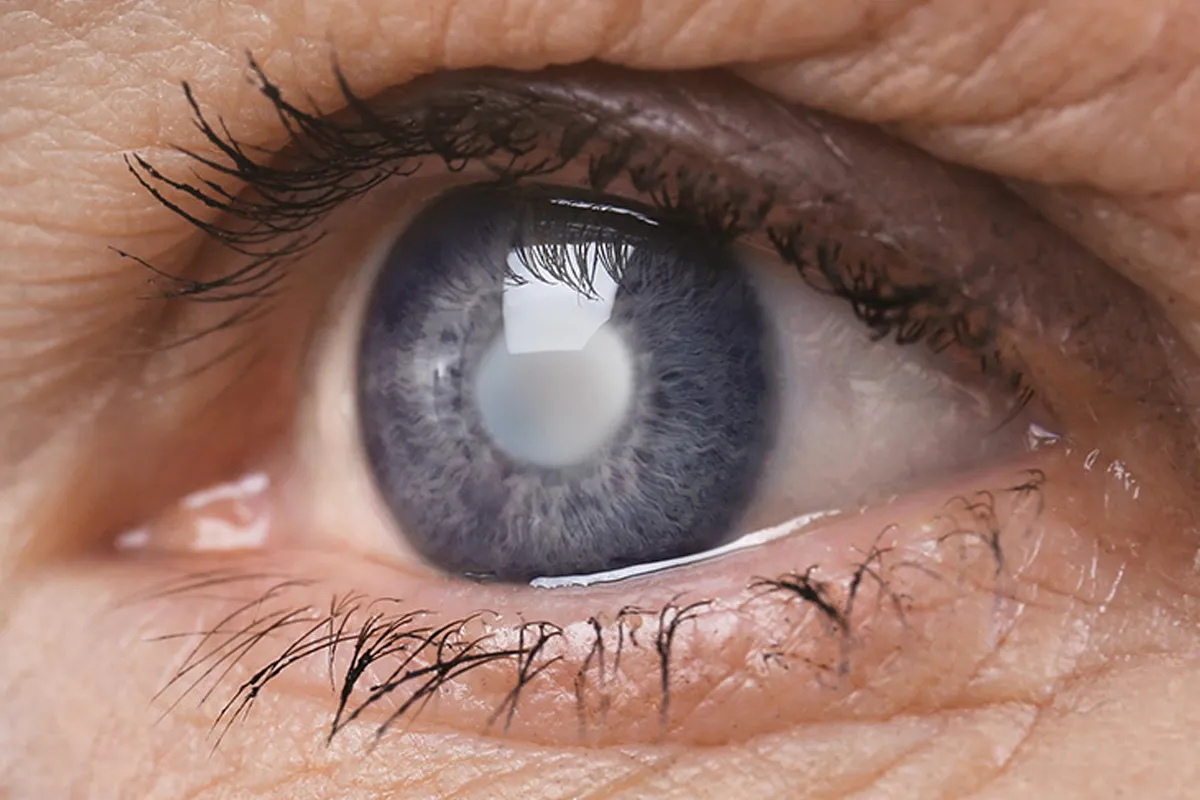A research has been conducted from the Keck School of Medicine at USC where a comparison of the brains of boys and girls with binge eating disorder was done and significant changes in the structures of the sexes were discovered. The research was recently published in Psychological Medicine. The study which has been established from the earlier developments and research conducted suggests that the binge eating disorder is wired in the brain from an early age, is an important first step in understanding the neurobiology of binge eating disorder and how it differs between the sexes.
It also suggests that earlier, males who were left out of the research on eating disorders must be inclusive in futures researches in order to determine the origins of eating disorders.
“Males have been excluded from research on eating disorders for decades.”As a result of the exclusion of boys and men, we have developed treatments only from studying females, which we then apply to boys and men and hope they work with the same efficacy.”
Gradually, a clearer impression has been made about certain disorders which are as prevalent in boys and men as they are in women and girls. At the same time, research has discovered more evidences that eating disorders are diseases of the brain and not the result of social pressure or a lack of willpower, which Murray said are common misperceptions that have been disproved.
Murray further said, “This study clearly suggests that any neurobiological hypothesis of binge eating disorder needs to be stratified by sex,”
Using data from the Adolescent Brain Cognitive Development study, the largest study in the U.S. assessing brain development, the researchers identified 38 boys and 33 girls who had a diagnosis of binge eating disorder from the study’s 11,875 participants. In children, boys represent about 57% of those with binge eating disorder. That figure changes among adults with adult males representing about 43% of those with binge eating disorders.























